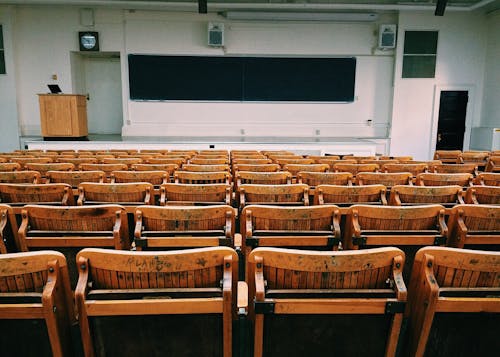Our beliefs
Our beliefs
What we believe about teaching and learning profoundly shapes the way we teach and how we understand our students.
These beliefs often stem from our own experiences as learners, whether in lecture halls, clinical placements or mentorship relationships. For instance, if we were taught in environments that emphasised hierarchy and passive observation, we may unconsciously replicate those models, even if they didn’t support our own learning well.
Educational theorists like Albert Bandura and John Dewey remind us that teaching approaches are not just about methods, but about underlying conceptions - what we believe learning is and how we think it happens.

Some educators see learning as the transmission of knowledge, while others view it as a shared, socially constructed process. These perspectives matter.
If we believe students are "blank slates" to be filled, we might rely more on lecturing and rote recall. But if we see learners as active participants with diverse ways of knowing, we’re more likely to foster curiosity, critical thinking and autonomy. In the clinical setting, these beliefs influence everything from how we give feedback to who we include in bedside conversations.
Developing awareness of our assumptions is the first step toward becoming more intentional and more inclusive educators.
Reflection Point:
Think about a memorable moment when you were a learner in a clinical setting.
What did that experience reveal about your educator’s beliefs about teaching and learning?
Can you identify any of your own assumptions that may shape how you currently teach or supervise?